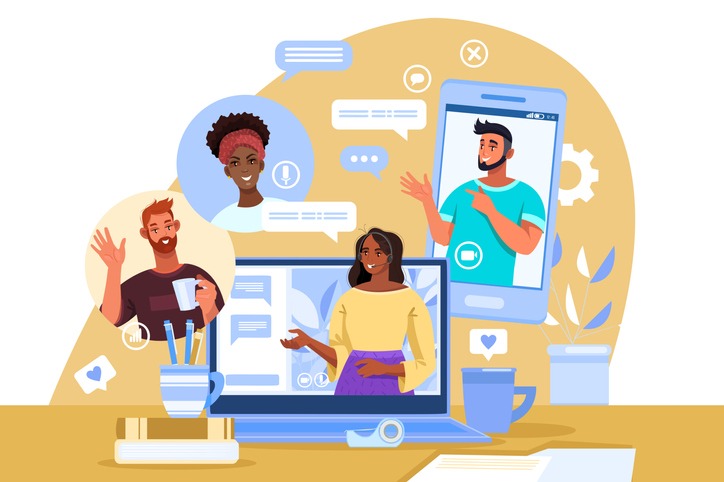
Leonie Hurrell offers her advice for teachers and education staff, including her top five tips on creating healthy and meaningful working relationships
CREDIT: This is an edited version of an article that originally appeared on Education Support
We spend around a third of our lives at work. Our jobs and careers make a real impact on our overall levels of happiness. Having good work relationships will always make our jobs more enjoyable. In fact, according to research by Gallup, people who have a best friend at work are up to seven times more likely to be engaged in their roles.
Seligman (2011) also noted that happiness couldn’t be achieved without social relationships, and while social relationships do not guarantee happiness, happiness does not often occur without them.
Senior leaders in schools who encourage informal interactions can foster the development of more positive relationships. Informal interactions can significantly influence and improve staff satisfaction, creating an atmosphere of trust as well as creating greater opportunities for creativity and innovative thinking.
Also, when we have great workplace relationships we will demonstrate cooperation, trust, and fairness, activating the reward centre of our brains which encourages even more positive interactions.
Most advice about building a happy career in education focuses on finding purpose and satisfaction in your work. While this is incredibly important, focusing on the relationships that help us through each day is equally vital to our happiness and our schools’ success. Arguably, the quickest way to feel happier and more engaged in your role at school is to spend some time building good relationships.
Creating healthy working relationships
As we know, building good work relationships requires trust, respect and greater self-awareness. These can all be supported through engaging in positive interactions and good communication. Everything at work is created at an intersection between people. So, we need to get those intersections right. There are some simple steps that can help to forge improved working relationships with colleagues:
Top tips for creating healthy working relationships
Focus on self-awareness
This means taking full responsibility for our words and actions, not letting our own negative emotions impact the people around us. If we feel frustration or resentment towards others this will manifest in what we observe and the way we engage.
By developing our own emotional intelligence, we’ll become more adept at identifying and handling our emotions be able to recognise the needs of others. If we view colleagues with compassion and respect, we will improve our interactions and build strong working relationships.
What would happen if we stopped making judgments and embraced a positive appraisal of our co-workers? If we saw difference as something valuable that could be harnessed and actually enhance our perception and understanding of those around us? Your vibe will always attract your tribe.
Be open and honest
Secondly, all good relationships depend on open, honest communication. Whether you’re sending emails or IMs, or meeting face-to-face or on video calls, the more effectively you communicate with those around you, the better you’ll connect.
It’s important to identify the nature of our relationships with others. What is it that we need and what do our colleagues need from us? Once we know the fundamentals of what we need we can be clear with communicating and better understanding each other’s requirements.
Practice active listening
Good people skills are essential. How good are you at collaborating, communicating and managing challenges? People respond better to those who truly listen to what they have to say.
By practising active listening, you’ll talk less and understand colleagues more and you’ll quickly become trustworthy and have more successful interactions. One key skill we can forget when listening is the power of a good question. Active listening is engaging in what you hear, asking questions such as ‘What would you like to happen?’ How can I help you address that? Shows you listen and you care.
Avoid bad people skills
Good people skills mean avoiding bad people skills. Gossip and negativity can ruin any workplace relationship. If you’re experiencing a challenge with someone in your group, talk to them directly and kindly about the problem, and be prepared to listen attentively and objectively. Gossiping or colluding with other colleagues will only aggravate the issues, accelerating mistrust and animosity.
Give praise and feedback
Everyone wants to feel that their work is appreciated and to feel truly valued. Genuinely complimenting the work and actions of those around you is a great way to build relationships. Be honest, precise, and authentic when delivering praise.
A thank you or a gentle word of encouragement can make all the difference to someone’s day. These positive interactions can have a ripple effect and create a much happier and more successful workplace.


Be the first to comment